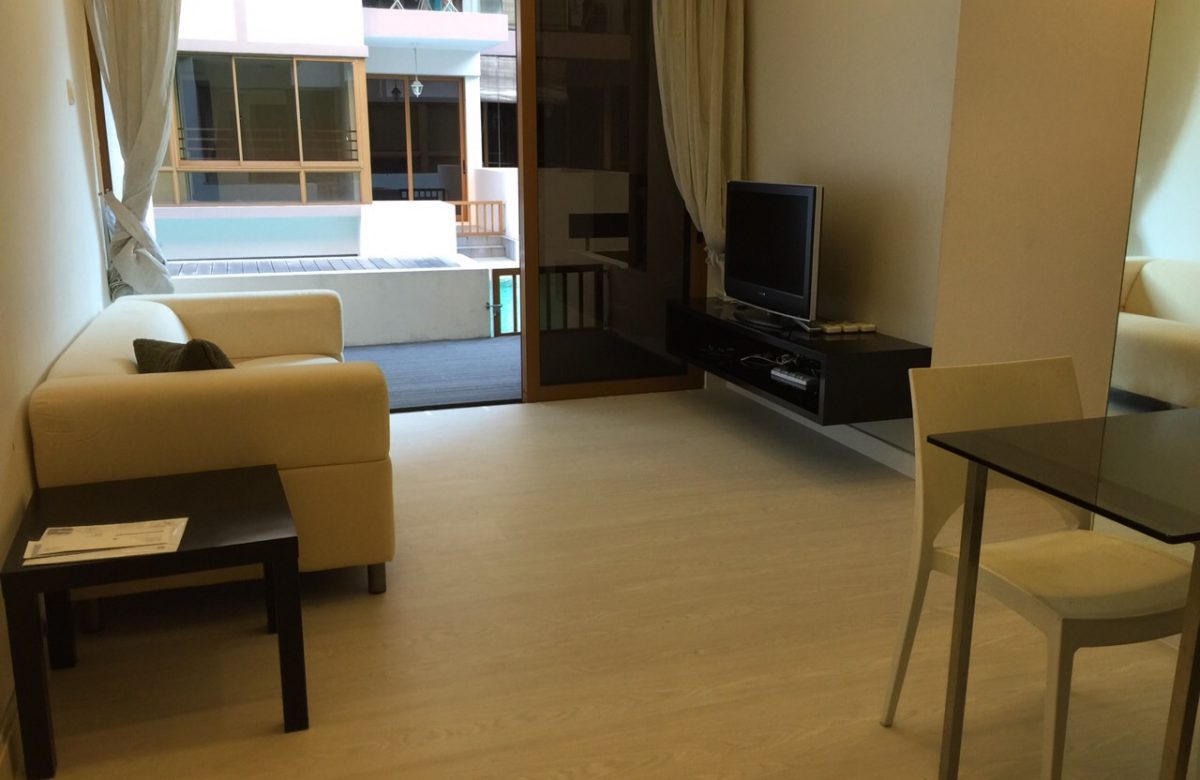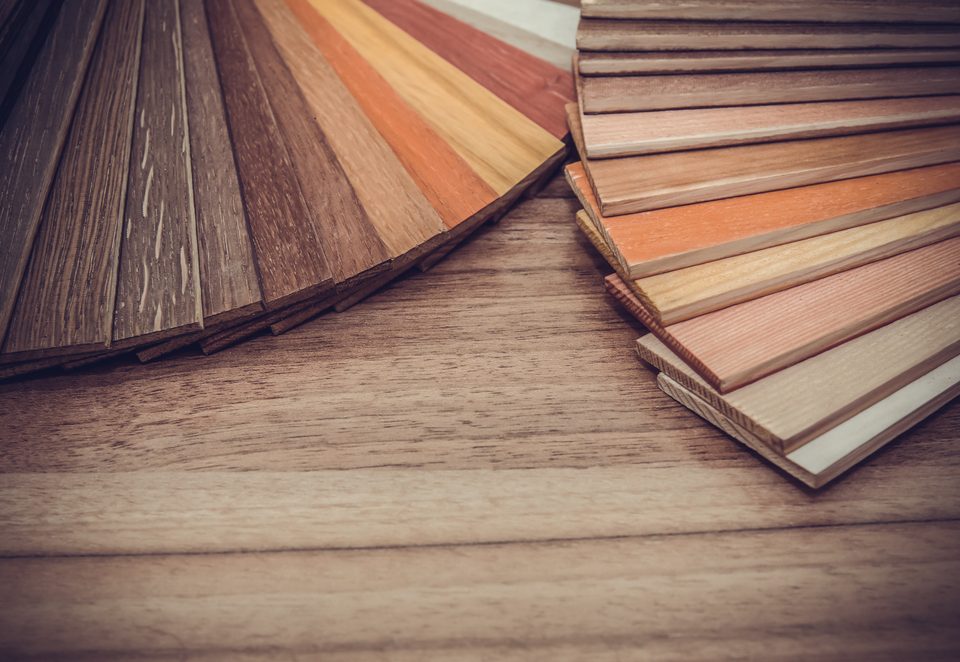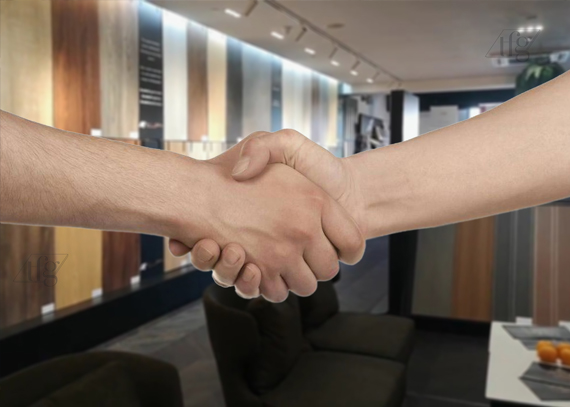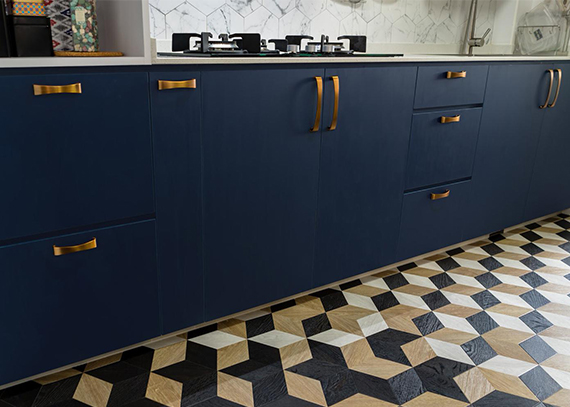What is Vinyl Flooring?

Vinyl flooring is undeniably one of the most common types of flooring in the industry. Applicable to both commercial properties as well as residential homes, it has received positive reception for its high durability and flexible properties, when compared to traditional homogenous tiles. New to this flooring innovation and want to find out what is vinyl flooring? Here are three main types of vinyl flooring you can obtain in Singapore.
#1 Vinyl Tile Flooring
Vinyl tiles usually come in squarish shapes, and have a wide variety of flooring patterns. The most common ones from flooring providers would be natural-looking wood inspired designs, granite, or marble designs.
#2 Vinyl Sheet Flooring
Vinyl sheet flooring comes in rolls. Often installed in high human traffic areas, such as industrial areas, the vinyl flooring is able to withstand heavy traffic from moving machinery and vehicles.
#3 Clickable Vinyl Planks
Usually installed with patented Unilin or Valinge glueless click system, clickable vinyl planks are naturally waterproof, and they act as a good choice of flooring for residential kitchens or dry bathroom areas. As vinyl flooring comes under the resilient flooring umbrella, vinyl flooring providers may label them as a form of resilient flooring by using terms such as high end, luxury, among others. We help to break down the differences between vinyl flooring and resilient flooring here.
More questions on what is vinyl flooring? Feel free to get in touch with our flooring team HERE.
Vinyl Flooring Applications
Commercial
High quality vinyl flooring can be applied in various commercial flooring areas. Some vinyl flooring are embedded with anti-static properties, making them suitable to be used for sterile environments, laboratories, as well as hospitals. Commercially graded vinyl flooring can be applied to properties with heavy duty traffic, such as car factory, showrooms, and other industrial settings. Vinyl sheet and vinyl tiles are recommended for these applications. Vinyl flooring is also appropriate for stylish commercial properties that benefit from water-resistant features, such as restaurants and cafes.
Residential
Good quality vinyl flooring is an easy stylish flooring option for home areas, such as kitchens, entrance areas, and dry bathroom, as they come in a wide variety of textures and designs for the trendiest home interior looks. Highly waterproof and slip-resistant, Eco Protect Resilient Flooring is an eco-friendly and safe vinyl flooring choice for households.
Finding the Right Vinyl Flooring Product
Be it commercial or residential, quality vinyl flooring makes your flooring durable and longer lasting. It is important to check what the origins of the vinyl flooring product are, and its properties such as slip resistance, impact resistance, heat resistance, and so on. Another important factor to look into when you are considering a good vinyl flooring product is its air quality emission especially in enclosed areas. Responsible vinyl flooring manufacturers often have their vinyl flooring inspected for indoor air quality certifications, so it would do you good to find out what the eco and health standards of the vinyl flooring are from providers.
Have questions on what our vinyl flooring options are? Discuss your best options with us HERE.




